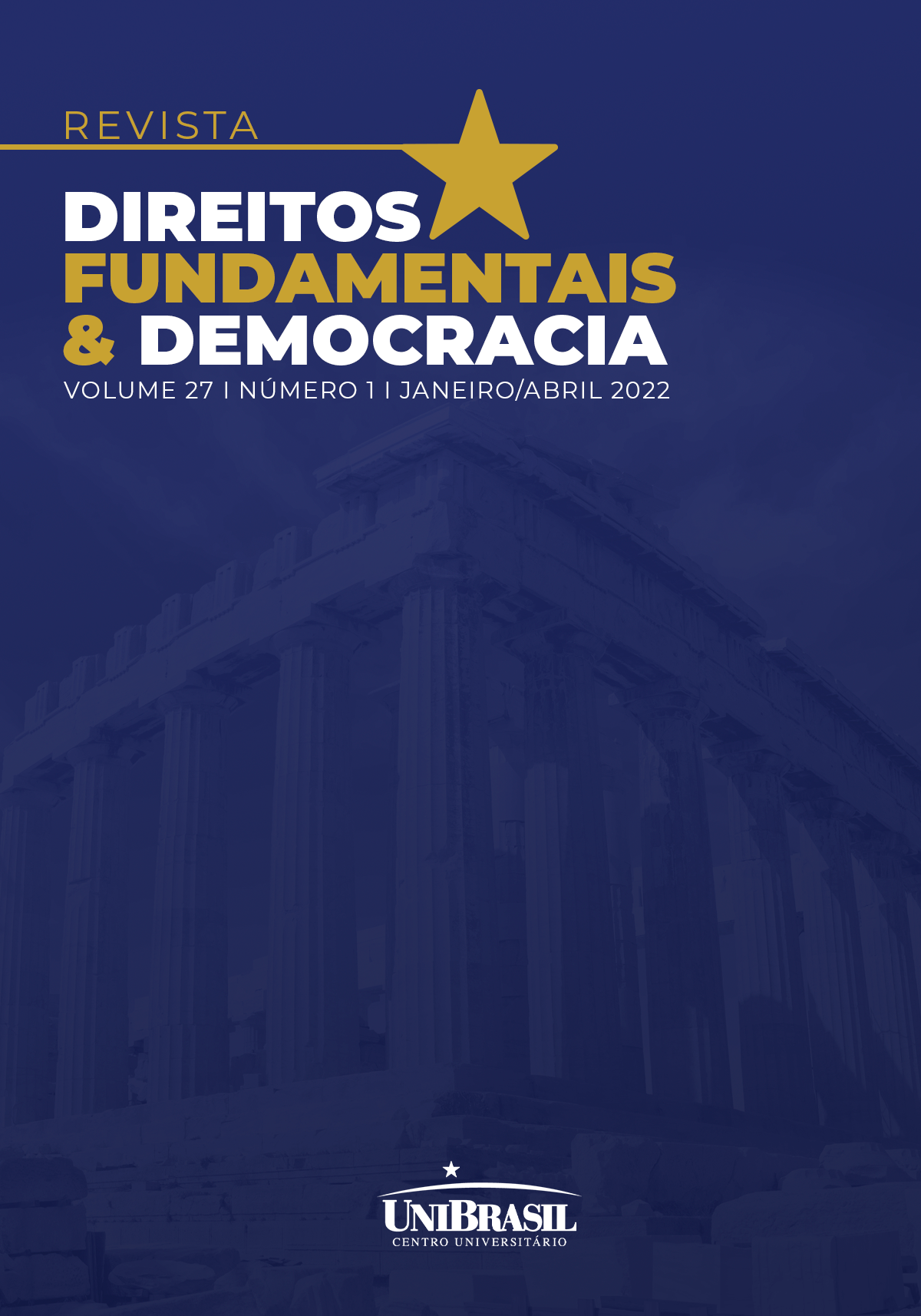FUNDAMENTAL RIGHT TO THE ECOLOGICALLY BALANCED ENVIRONMENT:
AN ANALYSIS OF THE THREEFOLD ENVIRONMENTAL RESPONSIBILITY BASED ON THE EPISTEMOLOGICAL DIALOGUE BETWEEN LINGUISTIC TURN AND SYSTEMS THEORY
DOI:
https://doi.org/10.25192/issn.1982-0496.rdfd.v27i11812Abstract
In the doctrine there is discussion about the application of prescriptive statements from other branches of law to rule the triple environmental responsibility in Brazilian territory. Such a discussion reveals the existence of a research problem, namely: since Environmental Law is its own system, contained within the scope of the legal system, shouldn't the rule of triple environmental responsibility come from it? In order to answer such a problem, we sought, in this research, to analyze whether Environmental Law constitutes its own system within the legal system and from there to analyze each assumption, as well as the issues of solidarity and [im]prescriptibility of environmental responsibility, from the perspective of the possible system of Environmental Law. The method of approach used was the dialectic, based on the epistemological dialogue between the Linguistic Turn, representing in the Constructivism Logical-Semantic by Paulo de Barros Carvalho, and Systems Theory by Niklas Luhmann. For the research, the bibliographic procedure method was used, through which searches were carried out on books, scientific articles, legislation and jurisprudence of the higher courts. It was concluded that, in privilege to the fundamental right to the ecologically balanced environment and to the principle of specificity, the analysis about the assumptions of the triple environmental responsibility must be carried out within the scope of the Environmental Law system.
Downloads
Downloads
Published
How to Cite
Issue
Section
License
Copyright (c) 2022 Ewerton Ricardo Messias

This work is licensed under a Creative Commons Attribution-NonCommercial-ShareAlike 4.0 International License.
Copyrights for any articles published in the journal are given to the author and RDFD with first publication rights granted to the Journal. By virtue of their appearance in this open access journal, articles are free to use, with proper attribution, for educational and other non-commercial purposes in accordance with the creative commons.




